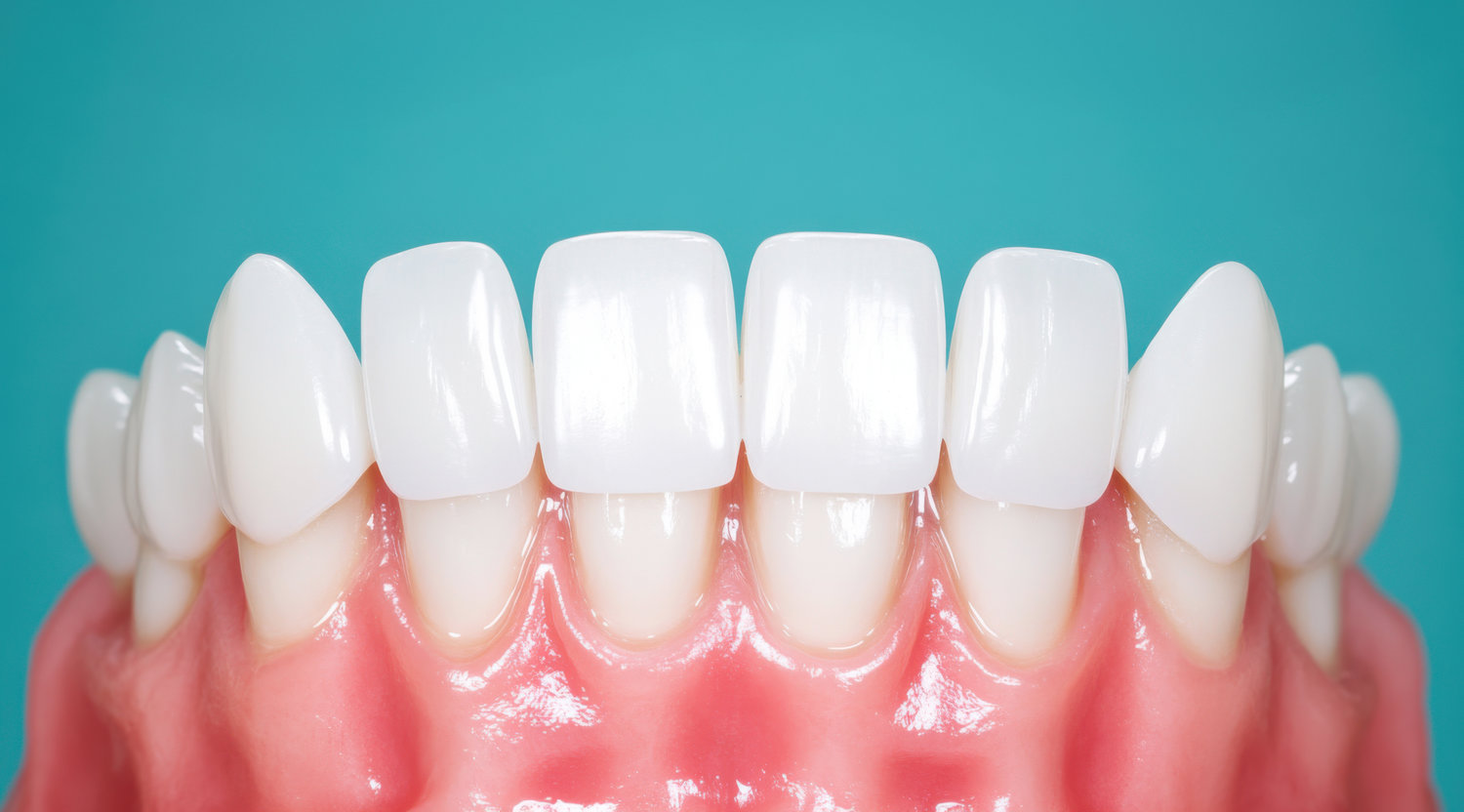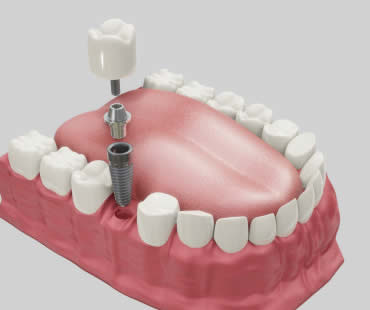Investing in veneers represents a significant commitment to transforming your smile, and naturally, you want to know how long this investment will serve you. The lifespan of your veneers depends largely on the material chosen, your oral hygiene habits, and how well you protect them from damage through daily care and professional maintenance.
At SmilePro Dental, our doctors and our experienced team help patients understand what to expect from their veneer investment. With proper care and regular dental visits, quality veneers can provide you with a beautiful, confident smile for many years while maintaining their natural appearance and functionality.
Understanding Veneer Longevity by Material Type
The type of veneer material you choose significantly impacts how long your investment will last. Each option offers different benefits in terms of durability, appearance, and maintenance requirements.
Porcelain Veneers
Porcelain veneers typically last 10 to 15 years with proper care, making them the most durable option available. These custom-crafted shells resist staining and closely mimic the translucent quality of natural tooth enamel. The strong ceramic material can withstand normal biting and chewing forces when properly bonded to your teeth.
Composite Veneers
Composite veneers, also called composite bonding, generally last 4 to 8 years before requiring replacement or touch-ups. While they offer a more conservative and cost-effective approach to smile enhancement, they require more frequent maintenance and are more susceptible to staining and chipping than porcelain alternatives.
What Factors Influence Veneer Lifespan?
Several key factors determine how long your veneers will maintain their appearance and function:
- Oral hygiene habits: Regular brushing, flossing, and professional cleanings prevent decay around veneer edges
- Dietary choices: Avoiding excessive sugar and acidic foods protects both veneers and underlying teeth
- Protective habits: Using a nightguard prevents damage from teeth grinding or clenching
- Professional maintenance: Regular dental checkups allow early detection of potential issues
- Lifestyle factors: Avoiding habits like nail biting, ice chewing, or using teeth as tools
Understanding these factors empowers you to make choices that maximize your veneer investment and maintain your beautiful smile for years to come.
Professional Maintenance and Regular Checkups For Your Veneers
Professional dental care plays a crucial role in extending veneer lifespan. Schedule cleanings and checkups every six months, or more frequently if recommended by your dentist. During these visits, your dental team will carefully clean around your veneers using specialized instruments that won’t damage the surface.
Your dentist will also examine the integrity of the bonding between veneers and your natural teeth, checking for signs of wear, chipping, or loosening. Early detection of small issues allows for prompt repair before they become major problems requiring veneer replacement.
Protecting Your Veneers from Damage
Certain habits and activities can significantly shorten veneer lifespan, but most damage is preventable with awareness and proper precautions. Teeth grinding and clenching, known as bruxism, represents one of the most common threats to veneer longevity.
If you grind or clench your teeth, especially during sleep, a custom nightguard provides essential protection. This appliance creates a barrier between your upper and lower teeth, preventing the excessive force that can crack or chip veneers. Common habits to avoid include:
- Biting fingernails or chewing on pen caps
- Using teeth to open packages or tear tape
- Chewing ice cubes or very hard foods
- Biting into extremely hard substances like popcorn kernels
- Using teeth as tools for any non-food purposes
These seemingly harmless habits can create small fractures or chips that compromise veneer integrity and require costly repairs or replacements.
Recognizing When Your Veneers Need Professional Attention
Knowing the warning signs of veneer problems allows you to seek treatment before minor issues become major complications. Contact your dentist if you notice chips, cracks, or rough edges on your veneers, as these can harbor bacteria and lead to decay.
Sensitivity around veneer margins may indicate that the bonding has weakened or that decay has developed underneath. Similarly, if a veneer feels loose or if you can catch your tongue or fingernail on the edge, schedule an appointment promptly for evaluation.
Changes in your bite or discomfort when chewing may also signal veneer problems that require professional assessment. Early intervention often allows for simple repairs rather than complete veneer replacement.
Achieve Long-Lasting Results with Expert Veneer Care
At SmilePro Dental, our commitment to excellence extends beyond veneer placement to comprehensive aftercare that protects your investment. Our team provides detailed maintenance instructions and ongoing support to ensure your veneers remain beautiful and functional for years to come.
Whether you’re considering porcelain veneers or composite bonding, we offer personalized treatment plans designed to meet your aesthetic goals and lifestyle needs. Our practice combines advanced techniques with gentle care to deliver results that enhance both your smile and your confidence. Contact us at (313) 217-3827 or schedule your consultation online to learn more about veneer options and discover how proper maintenance can maximize your smile transformation investment.



